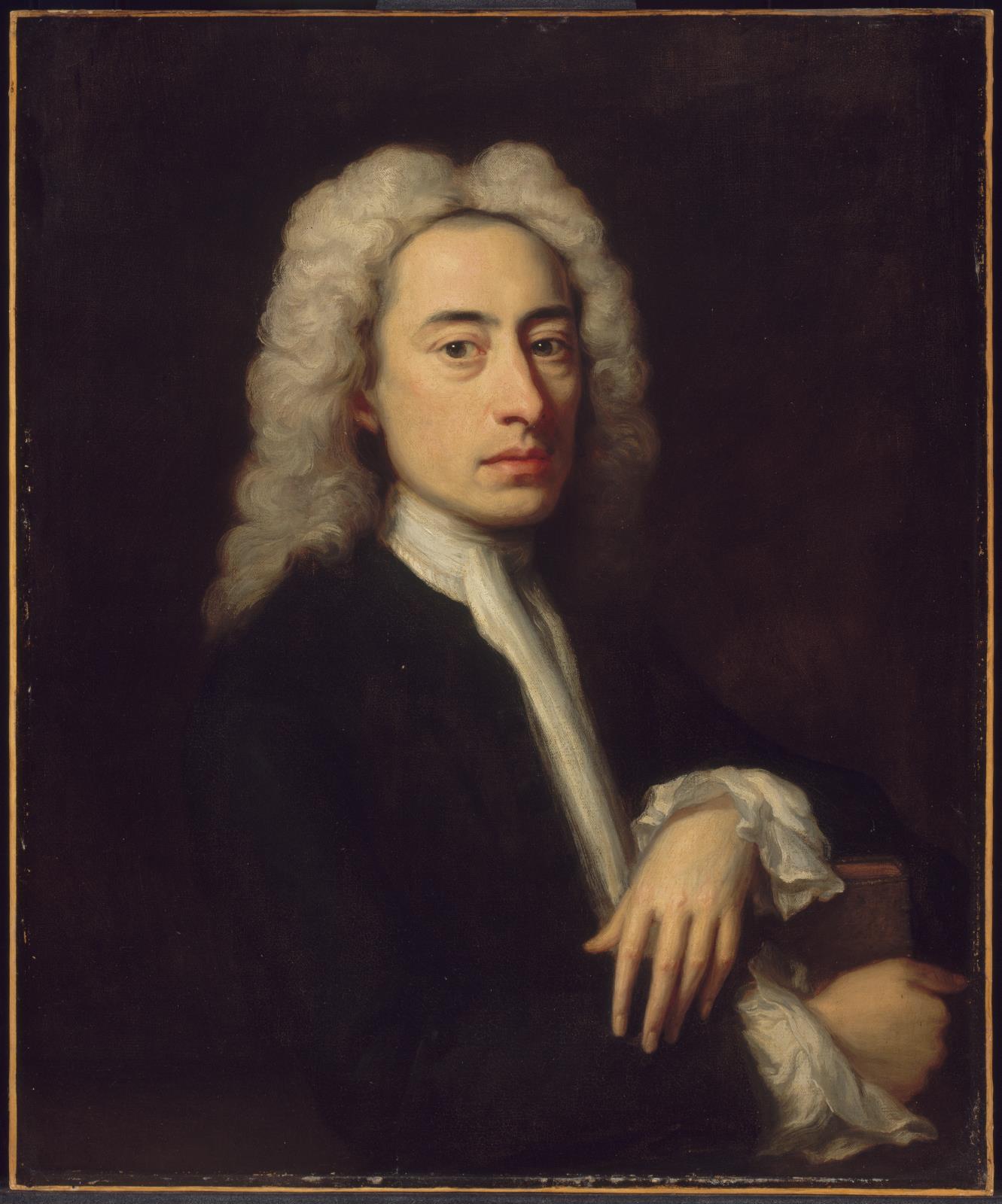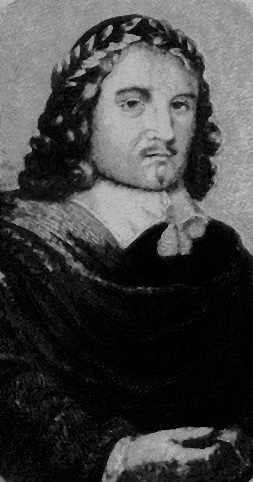Accents of British English depend on the place where
English language is spoken. We should take into account that it isn’t the same language
spoken in the countryside than language spoken in the city and, above all, we
know that accent varies according to geographical areas (North, South, etc)
Now, I’m going to show the accents of British English
and their features:
*Received pronunciation: is the closest
to a ``standard accent´´ that has ever existed in the UK. Although it
originally derives from London English, it is non-regional. It emerged from the
18th and 19th century aristocracy. Some features of
received pronunciation are:
-Non-rhoticity,
meaning the `r´ at the end of the words isn’t pronounced. Ex: mother (muhthuh).
-Trap-bath
split, meaning that words like ``bath, can’t or dance´´ are pronounced with the
broad –a in father.
-The vowels
tend to be a bit more conservative than other accents in Southern England.
*Cockney:
is probably the second most famous British accent. It originated in the East of
London. It shares features with other dialects. Its features are:
-Raised
vowel in words like ``trap (trep) and cat (cet).
-Non-rhoticity: the `r´ at the end of the words isn’t pronounced.
-Trap-bath
split: words like ``bath, can’t or dance´´ are pronounced with the broad –a.
-London
vowel shift: the vowel sounds are shifted around so that Cockney ``day´´ is
pronounced /daei/.
-Glottal
stopping: the letter `t ´is pronounced with the back of the throat (glottis)
between vowels.
-L-vocalization: the `l´ at the end of words often becomes a vowel
sound. Examples: ``pal´´ can seem to sound like ``pow´´.
-Th-fronting: the `th´ in words like ``think or this´´ is pronounced
with a more forward consonant depending on the word: ``thing´´ becomes
``fing´´, ``this´´ becomes ``dis´´.
*Estuary
English (Southeast British): is derived from London English which has
achieved a status slightly similar to ``General American´´ in the US. Features:
-Similar to
Cockney, but in general Estuary speakers don’t front `th´ words or raise the
vowel in trap.
-Glottal
stopping of `t´ and l-vocalization are markers of this accent, although there’s
some debate above their frequency.
*West country
(Southwest British): it refers to a
large swath of accents heard in the South of England. Characteristics:
-Rhoticity:
`r´ is pronounced after vowels.
*Midlands
English: it can be divided into East Midlands and West Midlands. The most
famous of these dialects is Brummie (Birmingham English). Here, I show some
features:
-The
foot-strut merger: the syllable in ``foot and could´´ is pronounced with the
same syllable as ``strut and fudge´´ (ʊ).
-System of
vowels: short i in ``kit´´ sometimes verging toward kit (`keet´) and extremely
open ``loose´´ diphthongs.
-A variety
of unusual vocabulary: some East Midlands dialects still feature a variant of
the word ``thou´´.
*Northern
England English: accents and dialects spoken in north of the midlands, in
cities like Manchester, Leeds an Liverpool. Their features are:
-The
foot-strut merger.
-Non-rhoticity, except in some rural areas.
The diphthong
in words like ``kite and ride´´ is lengthened so that ``kite´´ can become
something like /ka:it/.
-Unique
vocabulary includes use of the word mam to mean mother, similar to Irish
English.
*Geordie: it
usually refers to areas of Northeast England but it mainly refers to people of
Newcastle-Upon-Tyne. Features:
-The
foot-strut merger.
-Non-rhoticity.
-The /ai/ diphthong
in ``kite´´ is raised to /ei/.
-The /au/
diphthong in ``about´´ is pronounced /u:/ in strong dialects. ``Bout´´ can
sound like ``boot´´.
*Welsh English:
it refers to accents and dialects spoken in the country of Wales. Features:
-Usually
non-rhotic.
-Syllables
tend to be very stressed, and the prosody of the accent is often very
``musical´´.
-The letter
`r´ is often trilled or tapped.
*Scottish
English: it refers to English spoken in the country of Scotland. We must
know that Scottish English is different than Scots.
Scots has a strong influence on how English in
Scotland is spoken. Features:
-Rhotic,
with trilled or tapped r’s.
-Glottal
stopping of the letter `t´ between vowels. It is similar to Cockney.
-Monophonic
pronunciation of the /ei/ and /ou/ diphthongs. Ex: face /fe:s/, goat /go:t/.

 The choice of our blog's name is based on the well-known phrase "London Calling" and Queen Elizabeth II.
The choice of our blog's name is based on the well-known phrase "London Calling" and Queen Elizabeth II.





































